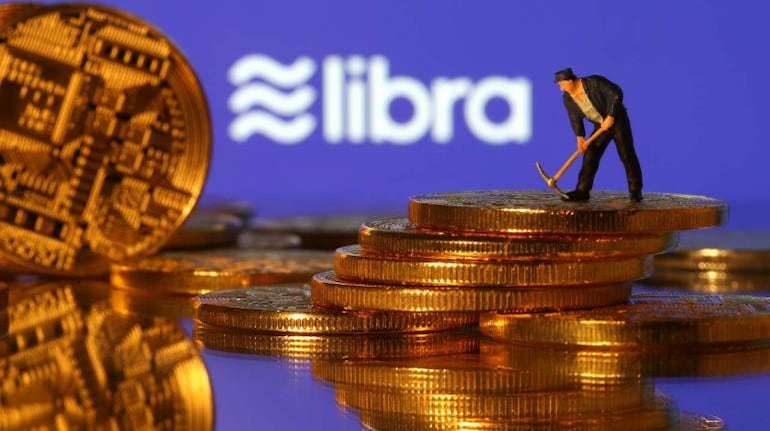
Amol Agrawal
Amidst all the chaos, the Libra Association (LA) released a new paper on Libra. For the uninitiated, Facebook with other technology players had proposed starting a new currency named Libra. With advent of Bitcoin in 2008, there have been several proposals to start private digital currencies. However, it was Libra which really shook the monetary authorities as Libra was backed by leading players such as Facebook, which could easily bypass the existing central bank-commercial bank nexus by ushering digital payments amidst Facebook’s billions of subscribers.
Libra led to not just central banks ushering their own central bank digital currencies (CBDC), but the founders were also summoned and criticised by the US Congress. Based on the criticism of Libra 1.0, the LA has proposed four changes to Libra 2.0.
Libra 1.0 was foremost seen as challenging the authority of sovereign monetary authorities as one could make payments across borders in Libras and not bothered to hold US Dollars, Indian Rupee, etc. The LA has made it clear that their vision always was to make Libra a compliment and not a substitute to the fiat currencies.
Thus, the Libra 1.0 multicurrency project has given way to both single-currency Libra 2.0 and multicurrency Libra 2.0. The single-currency Libra 2.0 will function like existing currencies such as LibraUSD, LibraEuro etc. and will be backed by cash and short-term government securities of the respective countries. The multicurrency Libra 2.0 will continue and be backed by basket of currencies. A multicurrency provides a choice to those who are not included in single-currency Libra and wish to use the Libra network. This new approach will also help countries provide a seamless integration of the Libra network with the CBDCs.
The second major criticism against Libra 1.0 was that it could be used as a platform for money laundering, terrorism and illicit activities. To address this, the association has classified four categories of participants. The first are Designated Dealers authorised by the association. The second are Virtual Asset Service Providers (VASPs) registered in Financial Action Task Force (FATF) member jurisdictions. The association will also start a certification process which will enable interested providers to become Certified VASPs. The fourth are individuals seeking to transact through the Libra network.
The association will initially allow only the first two categories and work towards including the third member. The fourth category enables financial inclusion but could pose risks. So they will be subject to balance and transaction limits.
The third criticism was that Libra 1.0 is an open system without necessary checks which could be threatened by unknown participants, and suffers from a lack of compliance. The association plans to keep this system open and competitive where new players will be able to join the network and compete with the older players. However, the partners of the entire network will now operate on a renewal based system.
The fourth objection to Libra 1.0 was on how it will deal with highly-risky situations such as an economic or a financial crises. Such crises could lead to a run on the Libra network where people try and convert their Libra holdings for fiat currencies. The white paper says that there will be two safety valves to prevent a fire-sale. The ‘Redemption Stays’ valve will delay redemptions so that assets can be sold without a fire-sale. The ‘Early Redemption Haircuts’ valve will impose a fee on the holders who want an instant redemption. Moreover, the reserves will be invested in highly-safe securities which have very short-term maturity/low credit risk/high liquidity and will also maintain a risk buffer.
To sum up, Libra 1.0 was criticised sharply and the association has responded with new changes, not giving up the idea of starting its digital currency. However, even with these modified changes, the fiat currency authorities are not going to give up their criticisms of the project.
Moreover, the COVID-19 crisis has again led to forces of centralisation, whether in politics or in economics. So projects which aim to create competition or even act as complements to existing currency systems, are not going to find easy acceptance, even amidst the public that supports free-markets.
Perhaps the governments can learn from these projects by imbibing their technology and ideas, as they march towards their own digital currencies. There is news that Chinese and French authorities have kicked the can on their digital currency projects. This might then be a win-win situation for all.
Amol Agrawal is faculty at Ahmedabad University. Views are personal.

Discover the latest business news, Sensex, and Nifty updates. Obtain Personal Finance insights, tax queries, and expert opinions on Moneycontrol or download the Moneycontrol App to stay updated!